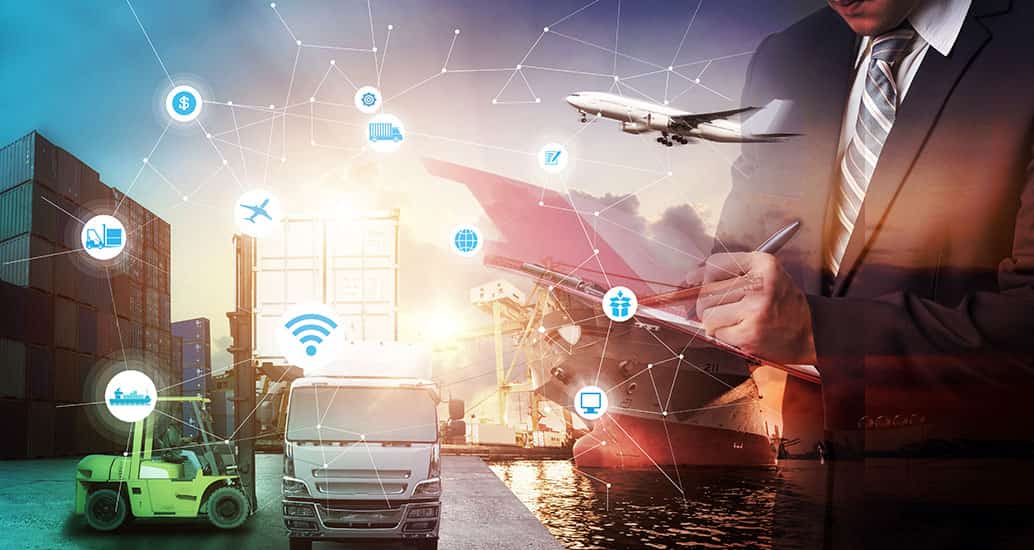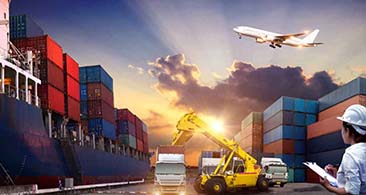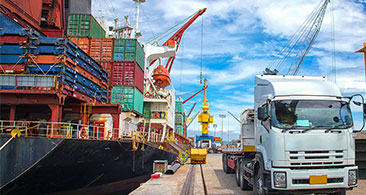As the year draws to a close, we felt that it was important to take a look at the key trends and shifts within the freight industry that will have an impact over the next 12 months.
Companies are always searching for ways to improve efficiencies, enhance their service offerings and reduce their operational costs, and we predict that there are several trends and changes that will shape the way freight forwarders approach operations in the New Year.
Brexit and freight transport
It should come as no surprise that Brexit is going to play a role in shaping the future of the freight industry, not least in the supply and demand of certain equipment or products.
For example, Logistics Manager has recently reported that the Department of Health and Social Care (DHSC) advised pharmaceutical and medical equipment suppliers to maintain an additional six weeks supply of prescription medicines over and above their normal buffer stocks.
In response to the uncertainty around supply routes, the Freight Transport Association (FTA) has joined a new government-backed campaign, named Ports for International Trade, to help maximise the opportunities for economic growth and job creation in local communities.
Trade associations such as the UK Major Ports Group, the British Ports Association, Maritime UK and the UK Chamber of Shipping also support this movement, and it will be interesting to see how this movement will impact British Ports in a post-Brexit era.
Embracing automation
Salary increases are already having an impact on some companies within the industry, and businesses have already started considering the automation processes within their organisation, namely investments in Artificial Intelligence (AI) and robotics.
These technologies are becoming more affordable as they develop, and since labour is becoming more expensive, the time to potentially streamline processes and increase Return on Investment (ROI) is fast approaching. Even small to medium-sized enterprises that employ relatively fewer people are turning to robots to automate their pick and pack processes.
A focus on sustainable materials
Plastic waste in our oceans has become a national struggle, and many organisations are aware of their responsibilities to minimise their impact on the world around them.
Unfortunately, manufacturers and factories rely heavily on plastics as part of their pick and pack processes, but the shift in attitudes by consumers is going to play a part in the evolution of the way businesses approach packaging.
Companies may have to consider shifting towards biodegradable, environmentally friendly packaging if they want to continue appealing to more conscientious consumers.
Cost efficient, personalised services
Whether companies are selling to other businesses or shipping goods directly to the end user, businesses are going to have to think about the way that they provide a more cost-effective, personalised service.
There are several methods of changing a service to be more personalised, including incorporating specially branded packaging or one-off product combinations for short-term promotions. For businesses that are future-proofing their processes, they could utilise AI and robot packers to learn the task, and switch back again once the promotion ends.
In conclusion, a shift in attitudes towards automation and changing the way that businesses approach new relationships will play a role in shaping the future of the industry.
Political turmoil aside, the future is ever-changing, and freight forwarders need to consider these trends if they are going to succeed not just in 2019, but the years to follow.
If you would like any more information on the insights in this article, or would like to speak to a member of our team regarding your own freight and logistical needs, then please do get in touch with us on 02380 623789 or email enquiries@imsfreight.com.





